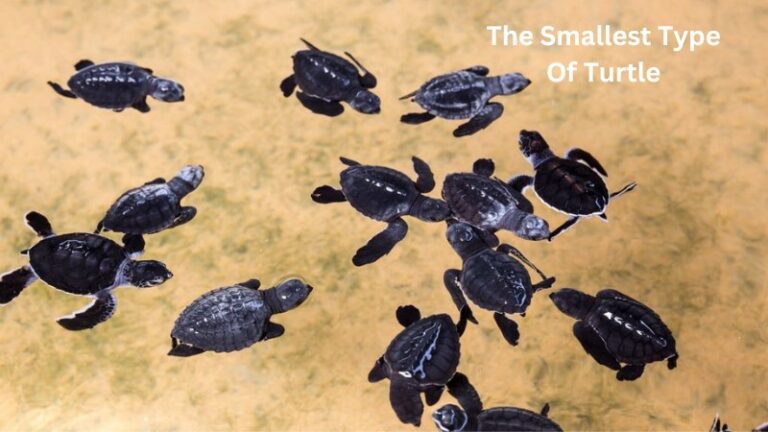Can Turtles Get High?
Today we discuss Can Turtles Get High. In recent years, there has been a growing trend of people exploring the effects of various substances on animals, including pets and wildlife. One common question that arises is whether turtles can get high. In this blog post, we will delve into the topic and explore the potential effects of substances on turtles.
Can Turtles Get High:
Understanding Turtles:
Turtles are intriguing reptiles found in different species, each possessing distinct traits and habitats.
Renowned for their deliberate pace, protective shells, and long lifespan, turtles, as cold-blooded creatures, depend on their surroundings to maintain body heat.
Familiarity with the fundamental biology and behaviors of turtles plays a crucial role in assessing the effects of substances on them.
Can Turtles Get High?
The concept of getting high typically refers to the altered state of consciousness that humans experience when consuming certain substances like drugs or alcohol.
While turtles have a different biological makeup than humans, they can still be affected by substances. Turtles have been observed exhibiting unusual behavior when exposed to certain substances, leading to the question of whether they can get high.
Effects of Substances on Turtles:
Turtles have been known to accidentally ingest substances like marijuana or other drugs that are left in their environment by humans. These substances can have various effects on turtles, ranging from altered behavior to potential health risks. It’s crucial to understand that what may seem like a harmless experiment or joke can have serious consequences for turtles.
Risks and Dangers:
Exposing turtles to substances for recreational purposes can pose significant risks and dangers to their health and well-being. Turtles have sensitive biological systems that may not be equipped to handle the effects of certain substances.
From respiratory problems to organ damage, the consequences of getting turtles high can be severe and even fatal in some cases.
Ethical Considerations:
As responsible caretakers of animals, it is essential to consider the ethical implications of exposing turtles to substances for recreational purposes.
Turtles rely on humans for their care and protection, and we must ensure their safety and well-being.
Engaging in activities that put turtles at risk for the sake of entertainment is not only unethical but also potentially illegal in many jurisdictions.
Natural Behaviors vs. Altered States:
Turtles exhibit a range of natural behaviors in their daily lives, from basking in the sun to foraging for food. When turtles are exposed to substances that alter their state of consciousness, it can disrupt their natural behaviors and routines.
This disruption can have long-lasting effects on the physical and psychological health of turtles, impacting their overall quality of life.
Conservation Efforts:
Turtles are already facing numerous threats in the wild, including habitat loss, pollution, and climate change.
Exposing turtles to substances further jeopardizes their survival and adds unnecessary pressure to their already fragile populations.
Conservation efforts play a crucial role in protecting turtles and ensuring their continued existence for future generations to admire and appreciate.
Responsible Pet Ownership:
For those who keep turtles as pets, responsible pet ownership extends to all aspects of care, including ensuring a safe and healthy environment free from harmful substances.
Educating oneself about the proper care and handling of turtles is essential in promoting their well-being and longevity. By prioritizing the welfare of turtles, we can create a positive impact on their lives and contribute to their conservation.
conclusion:
while the idea of getting turtles high may seem amusing or intriguing to some, it is essential to recognize the potential risks and dangers associated with such actions. Turtles are living beings that deserve our respect and protection, not objects for experimentation or entertainment. By understanding the implications of exposing turtles to substances and promoting responsible pet ownership practices, we can ensure a brighter future for these remarkable creatures.

